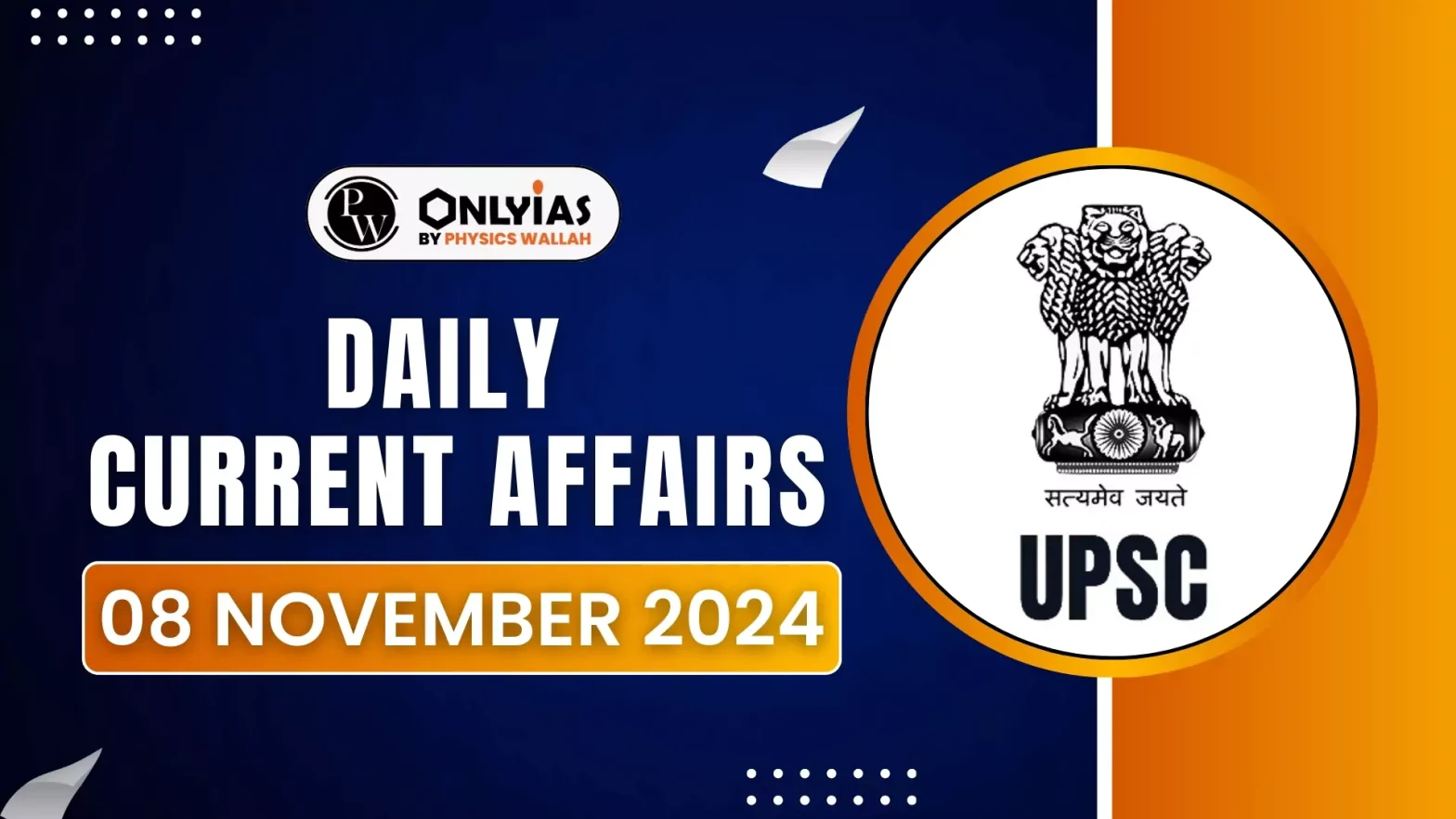Recently, a five-judge Constitution Bench led by the Chief Justice of India held that the eligibility criteria or ‘Rules of the Game’ for selection of candidates to public services could not be changed midway once the recruitment commenced.
Constitutional Bench
A Constitutional Bench in the Supreme Court of India is a special bench consisting of at least five judges. It is formed to hear and decide cases involving substantial questions of law related to the interpretation of the Constitution.
Strengths:
- Authoritative Decisions: Decisions made by a larger bench are considered more authoritative and binding.
- Diverse Perspectives: A larger bench allows for a wider range of legal opinions and perspectives.
- Impartiality: The larger number of judges reduces the potential for bias or influence.
Sizes:
- Minimum: 5 judges
- Maximum: There is no fixed maximum limit, but benches of 7, 9, 11, and 17 judges have been constituted in the past for significant constitutional matters.
|
Enroll now for UPSC Online Classes
Key Highlights of the Judgement
- Principles of Equality and Non-Discrimination: All recruitment processes must align with fundamental rights, particularly Articles 14 (right to equality) and Article 16 (equal opportunity in public employment), ensuring non-arbitrariness and fair treatment.
- No Guaranteed Right to Appointment: Candidates on the select list do not have an absolute right to appointment, even if vacancies exist.
- Burden of Proof on State: The state cannot arbitrarily deny appointments and must provide justification if refusing to appoint a selected candidate.
- Binding Nature of Rules: Both procedural and eligibility requirements in recruitment rules are binding on the recruiting body, which must adhere strictly to these rules during the process.
Equality before the law & Equal Protection of the Law
- Article 14 of the Constitution of India states that the government cannot deny any person in India equality before the law or equal protection of the laws.
- This means that all people are treated equally in the eyes of the law, regardless of their status, caste, race, religion, place of birth, or sex.
- This is also known as the rule of law.
- Article 14 has two parts:
- Equality before the law: A negative concept that implies the absence of any privilege in favor of any person.
- Equal protection of the laws: A positive concept that expects a positive action from the state
Equal opportunity in Public Employment & Prohibition of Discrimination
- Article 16 of the Indian Constitution guarantees equal opportunity in public employment and prohibits discrimination based on certain factors:
- Equal opportunity: All citizens have an equal chance to apply for and secure government jobs.
- No discrimination: Citizens cannot be discriminated against based on religion, race, caste, sex, descent, place of birth, or residence.
- Reservations: The government can make reservations for citizens from any backward class, such as the Scheduled Castes, Scheduled Tribes, or economically weaker sections of citizens.
- Residence requirements: Parliament can make laws that require a certain residence within a state or union territory for employment or appointment to a government office.
- Exceptions: There may be compelling reasons to reserve certain posts for residents only.
|
About Rules of the Game
- Definition of ‘Rules of the Game’: The term refers to the selection and appointment process, with a clear principle that rules should not be changed midway through the recruitment.
- This is based on a longstanding legal standard against changing the ‘rules of the game’ after recruitment begins.
- Two Categories of Rules:
- Eligibility Criteria: Qualifications required to apply.
- Selection Procedure: The method and manner used to select candidates from the eligible pool.
Recruitment Process Guidelines
- Recruitment is the entire process of filling up the vacant posts, beginning from advertisement to the appointment and placement of a selected persons in the vacant post.
- Process Mandates: Must align with extant rules, remain rational, transparent, and non-discriminatory
- Flexibility Within Rules: Recruitment bodies may devise procedures provided they:
- Align with statutory rules.
- Are transparent, non-discriminatory, and non-arbitrary
- Maintain a rational link to the recruitment objectives
Check Out UPSC NCERT Textbooks From PW Store
Civil Service Recruitment In India
- Article 309 of the Indian Constitution empowers the Central Government and State Governments to regulate recruitment and conditions of service of persons appointed to public services and posts through an act of appropriate legislature.
- The Parliament made the All India Staffing Pattern Services Act in 1951, which governs the conditions of service of All India Service Officers.
- The recruitment and employment of civil servants is regulated by the rules made by the respective governments under the provisions of the constitution
Implication of the Judgement
- For Candidates: Assures candidates that eligibility and selection methods remain stable once recruitment begins
- For Recruiting Bodies: Reinforces adherence to procedural fairness and constitutionally grounded non-arbitrariness
- Binding Nature of Rules: Statutory rules are binding on recruiting bodies
- Administrative Instructions: May guide recruitment where formal rules are absent or silent
- No Guaranteed Right to Appointment: Placement on the select list does not guarantee appointment
![]() 8 Nov 2024
8 Nov 2024
